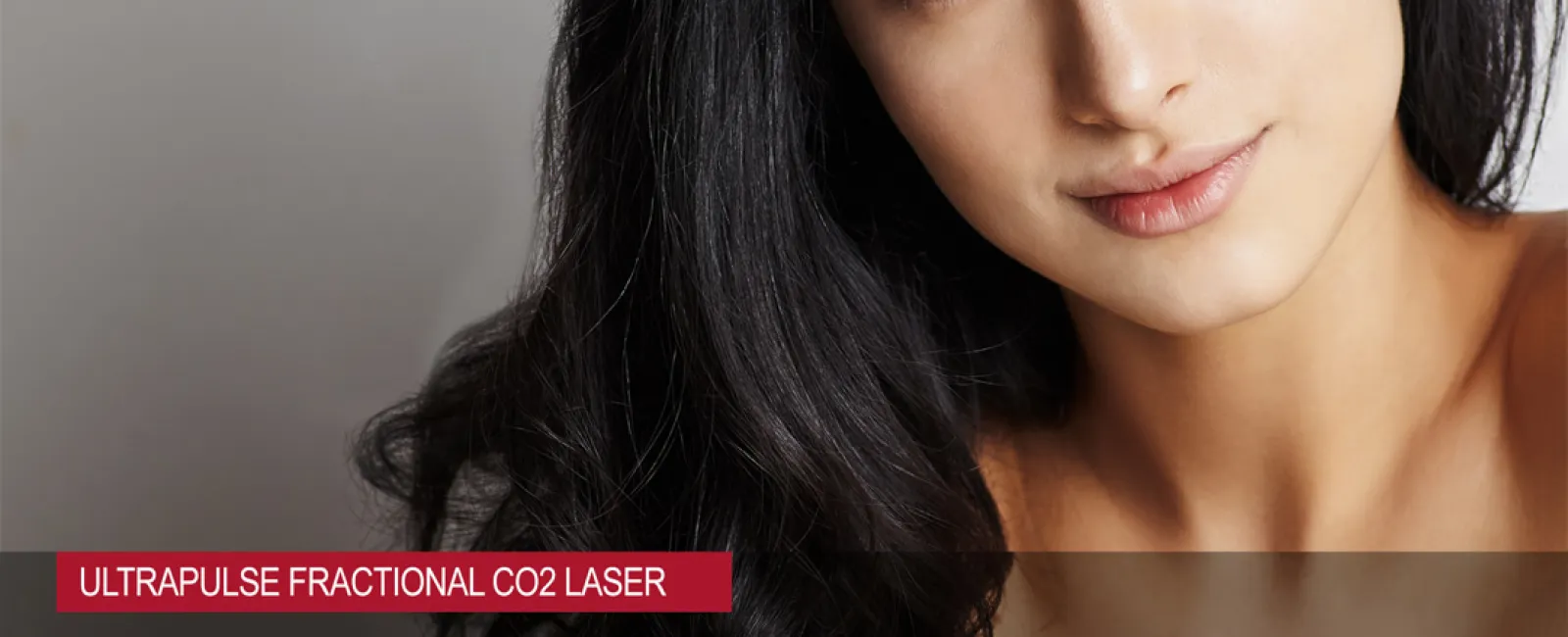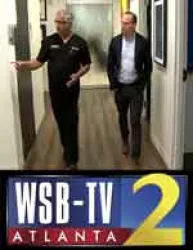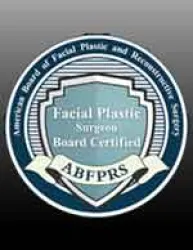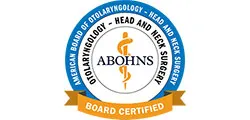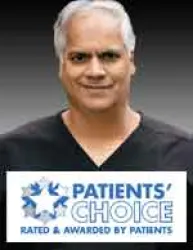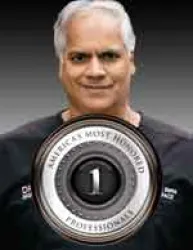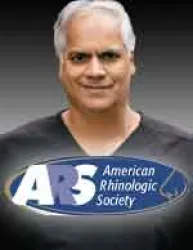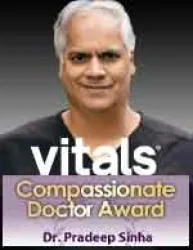If you’re looking for a non-surgical way to turn back the clock on your aging skin, remove scars or refine texture and tone, laser skin resurfacing is one of your best options. The treatment is safe, highly customizable and requires less recovery time than more invasive procedures such as a facelift. Read on to learn why many people are choosing laser skin resurfacing, and what makes it such an effective treatment method.
How Does Laser Skin Resurfacing Work?
When it comes to non-surgical skin rejuvenation treatments, fractional carbon dioxide (CO2) lasers are one of the most technologically advanced options. The CO2 laser has the longest wavelength of all the lasers available today, which makes it effective for darker skin types on the appropriate settings.
Fractional CO2 lasers excel at treating wrinkles, uneven skin texture, enlarged pores, sun damage, discoloration, blotchiness, freckles and scarring from acne, surgery or injuries. These lasers are gentle enough to use on the delicate skin around the eyes, yet powerful enough to visibly improve the quality of the skin on the neck and chest, in addition to the face.
CO2 lasers are ablative lasers, which means they fully remove the top layers of dull and damaged skin, while stimulating the body to produce new collagen – a protein that serves as the skin’s support structure. Fractional treatment means the laser light gets broken up into thousands of tiny beams to treat only small columns of the skin in the specific treatment area, which helps reduce recovery time after the procedure.
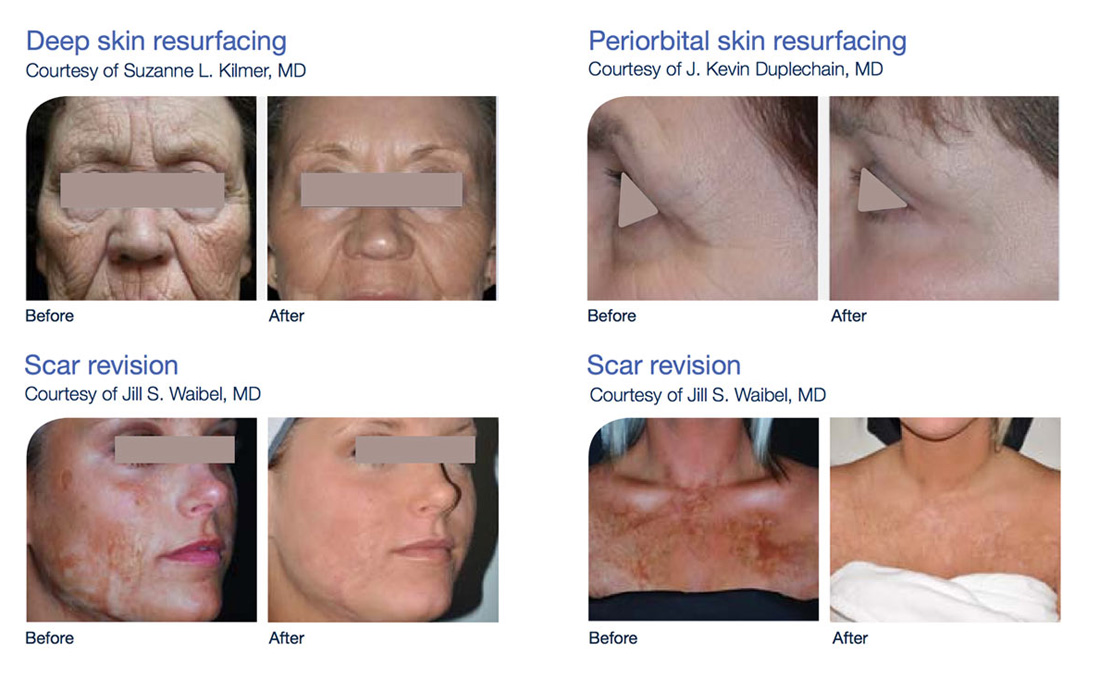
Laser Skin Resurfacing Options
At the Atlanta Institute for Facial Aesthetic Surgery, we tailor every laser treatment we provide, based on each patient’s concerns and desired length of recovery time. Our UltraPulse® laser allows us to be highly flexible in the depth of coverage we can provide – between 5 and 100 percent coverage in one pass of the laser.
We offer three levels of treatment options with our CO2 laser:
- CO2 Active FX™ – CO2 Active FX™ removes the top layers of the skin, improving skin texture and tone while erasing blemishes and scars. This option requires a few days of recovery time, and a topical pain-relieving ointment for maximum comfort during the procedure.
- CO2 Medium-Level (Total FX™ or Deep FX) – This intermediate level of treatment includes all the same benefits as the CO2 Active FX™, in addition to removing wrinkles and providing patients with tighter and more refined skin. After receiving this procedure, you can expect a week to 10 days of reddened skin.
- CO2 Deep-Level Laser – This maximum level of CO2 laser will stimulate the growth of collagen deep within the dermis, removing wrinkles and creating firmer, healthier and more uplifted skin.
Your Laser Resurfacing Procedure
How can you decide which level of laser treatment is appropriate for your concerns? We will help you decide during your resurfacing consultation, after evaluating your skin quality and discussing your aesthetic goals.
We will conduct your treatment in a licensed ambulatory surgical center that is next door to our office.
- For light-level treatment, you will only need a topical anesthetic.
- For medium-level treatments, we’ll use twilight sedation, during which you will be conscious, but not fully awake or aware.
- For deep-level laser resurfacing, you will be under general anesthesia.
Depending on the level of treatment you are receiving, your session will last from one to two hours. Because laser skin resurfacing is an outpatient procedure, you will be able to return home shortly after your session is complete. However, if you have opted to get a deeper technique, you will not be able to drive yourself home because of the effects of the anesthesia. Arrange to have a friend or family member drive you to and from your appointment and assist you until the anesthesia wears off.
Recovering From Laser Skin Resurfacing
Common side effects after laser therapy include redness, swelling, tenderness and mild discomfort. While you can usually control these with cold compresses and over-the-counter pain medication, full recovery can take a week or more, depending on the depth of your treatment. We will send you home with specific recovery instructions tailored to the treatment level you chose to receive.
Though many patients who undergo laser resurfacing see ideal results after only one session, you may opt for a follow-up visit to address more significant skin issues such as severe scarring.
Why Are Fall and Winter “Laser Season?”
Did you know the time of year when you get your laser treatment makes a big difference in how effective your results will be? Because your skin will be much more sensitive to the sun after laser procedures, we suggest scheduling your laser treatment this fall or winter, when there are fewer hours of daylight and you have less of a reason to spend time outdoors. You’ll protect your treated skin from damaging UV rays and avoid future sun damage simultaneously. If you’re noticing new fine lines or hyperpigmentation after too much fun in the sun this year, lasers are the key to rejuvenating your skin without the need for surgery.
Autumn and winter are also an excellent time of year to get laser procedures because the cooler months are a slower season for many people, which frees up more room on your calendar to accommodate spending time off from work and social activities while you allow your skin to heal. You can stay home, take care of yourself and curl up with a good book or your favorite Netflix series. By the time next summer rolls around, you’ll be picture-perfect for weddings, beach trips, family vacations, boating and any other warm-weather occasion where you need to put your best face forward. It will be your best summer ever!
Schedule Your Laser Resurfacing Consultation Today
At the Atlanta Institute for Facial Aesthetic Surgery, we are committed to helping you achieve natural-looking results through a combination of art, science and cutting-edge technology. If you’d like to learn more about laser skin treatments and whether they are ideal for addressing your specific concerns, contact our state-of-the-art Atlanta clinic today to book your private consultation.

